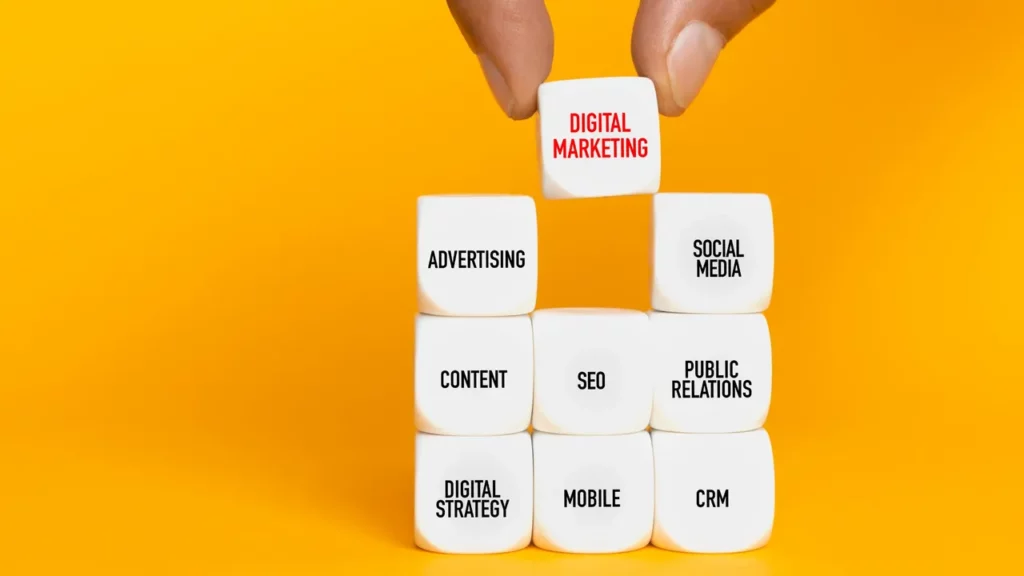This is part one of a three-part series exploring how digital marketing is fueling growth for digital sales teams in both B2B and B2C companies.
What is Digital Sales or Virtual Sales?
Digital Sales, or Virtual Sales, involves selling remotely by leveraging technology, and digital assets.
The concept has evolved from the traditional Inside Sales or tele-sales method, in which teams sell products or services to customers over the phone with either minimal or no travel.
Over the past few years, digital sales has been emerging as the dominant sales model for sales representatives in the B2B and B2C industry verticals.
During COVID, the business world transitioned from the physical to the digital environment, which led a majority of sales teams across the globe to sell while working remotely. Digital marketing has played a key role in this and continues to accelerate growth for Digital Sales.
According to Sales Benchmark Index, a management & sales consulting firm, in 75% of sales situations, customers would prefer not to spend time meeting face to face. Key decision makers are quite open and flexible to doing business remotely.
Digital Marketing
Digital marketing is a subset of marketing that utilizes internet and online-based digital technologies, as well as other digital media platforms to promote products and services.
Digital marketing is also referred to as “online marketing” or “internet marketing.” The term digital marketing has grown in popularity over the last decade. According to the American Marketing Association, digital marketing refers to any marketing methods conducted through electronic devices. This includes online marketing efforts conducted on the internet. In the process of conducting digital marketing, a business might leverage websites, search engines, blogs, social media, video, email, and similar channels to reach customers.
Digital marketing provides an avenue for two-way communication between a business and its actual or prospective customers.
Digital marketing helps to raise brand awareness because of its impact on brand perception and consumer’s choices and decision-making. This has increased the focus on non-linear marketing strategies to tailor the advertising to different individual buyers.
A few of these non-linear marketing tactics may include:
- Search engine optimization (SEO) SEO is the practice of improving ranking within major search engines to increase online traffic.
- Social media marketing (SMM) SMM is the practice of using social media channels to promote business products or services. This includes the use of social media influencers, also referred to as influencer marketing.
- Email marketing Email marketing enables businesses to send branded, promotional content directly to prospective customers via email.
- Search Engine Marketing (SEM) SEM leverages paid online advertising to increase website visibility within search engines. SEM is often used in conjunction with Search Engine Optimization.
- Video marketing Video marketing is a marketing strategy designed to create, curate, and utilize videos as a means of marketing products or services to a business’s target audience.
- Paid search/contextual advertising Contextual advertising is also used by search engines to display advertisements on their search results pages based on the keywords in the user’s query.
Over the last decade, B2B and B2C business have experienced exponential growth due to digital marketing. Companies are already creating cross-functional groups or departments, which typically include a content marketer, business development representatives, and sales executives. They are focused on creating specific content for a specific audience in a specific territory, thereby accelerating momentum and deal velocity in terms of leads, and conversions for the digital sales teams.
Author: Somesh Chablani


